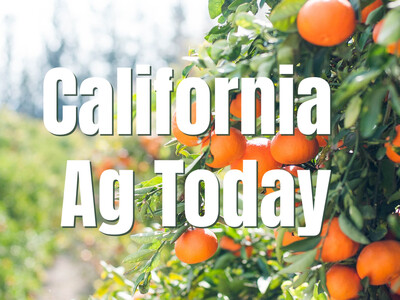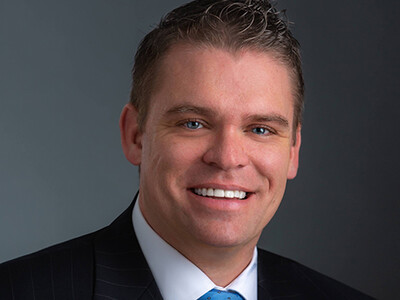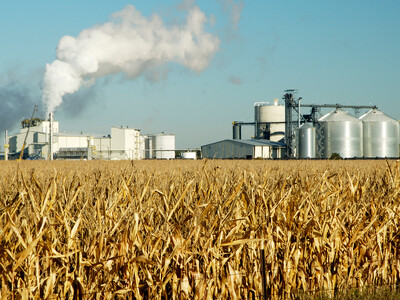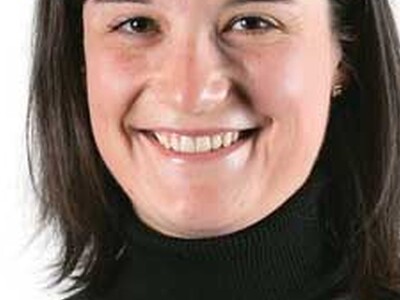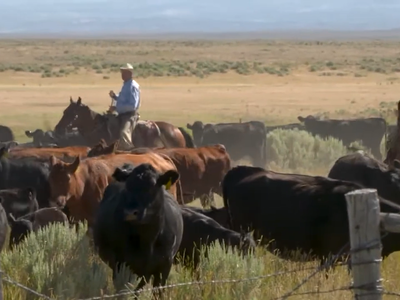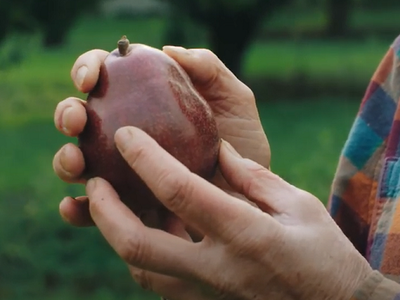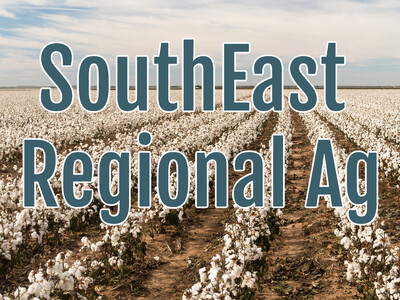Salmon Recall & Eating Your Vegetables
Salmon Recall & Eating Your Vegetables plus Food Forethought. I’m Greg Martin with today’s Northwest Report.
The latest revisions to the school lunch programs are calling for more fresh fruits and vegetables and according to Suzanne Thornsbury, USDA Economist, American’s are eating more than in the 70’s but not even close to what nutritionists recommend.She says back in the 70’s we were consuming about one and a half cups of veg a day. And now?
THORNSBURY: 1.7 cups but it’s still below, about 50% below the U.S. dietary guidelines for American’s recommendation of 2 and half cups per person.
A major recall is underway that concerns smoked salmon traced to a Dutch company called Foppen, which sells fish to many major supermarkets in the Netherlands and stores around the world. Hundreds of people in the Netherlands have been sickened. In the U.S. Foppen said it only supplied the fish to Issaquah-based Costco. The smoked salmon was sold under the Foppen name, as well as under Costco's store-brand name, Kirkland. Customers who purchased the items will be called by Costco to notify them of the recall and the calls will be followed up with a letter. There have not been any reports of illness here in the U.S.
Now with today’s Food Forethought, here’s Lacy Gray.
Many of us never put our minds to where all the rainwater runoff from our rooftops, driveways, and streets escapes to. But perhaps it is time we do. Each time it rains gallons upon gallons of toxic runoff finds its way into our lakes and rivers, threatening the environment and ultimately us. For this reason groups of people across the country have partnered together to create rain gardens. A rain garden is designed to capture runoff from roofs and roadways using plants that don’t mind having “wet feet”. The runoff then soaks into the ground, instead of flowing into city storm water or sewer systems. This slow “soaking up” of rainwater that the rain gardens provide allows pollutants to be filtered out and devoured by organisms in the soil. The vast majority of rain gardens already in place are a success and proof positive of how green infrastructure can be beautiful and hard working at the same time. Some rain gardens have not been as successful due to either poor or rushed planning, but those are being researched and reworked. In Washington state WSU and Stewardship Partners are leading a campaign to install twelve thousand rain gardens in the Seattle/Puget Sound Region by 2016.
Thanks Lacy. That’s today’s Northwest Report. I’m Greg Martin on the Ag Information Network.






